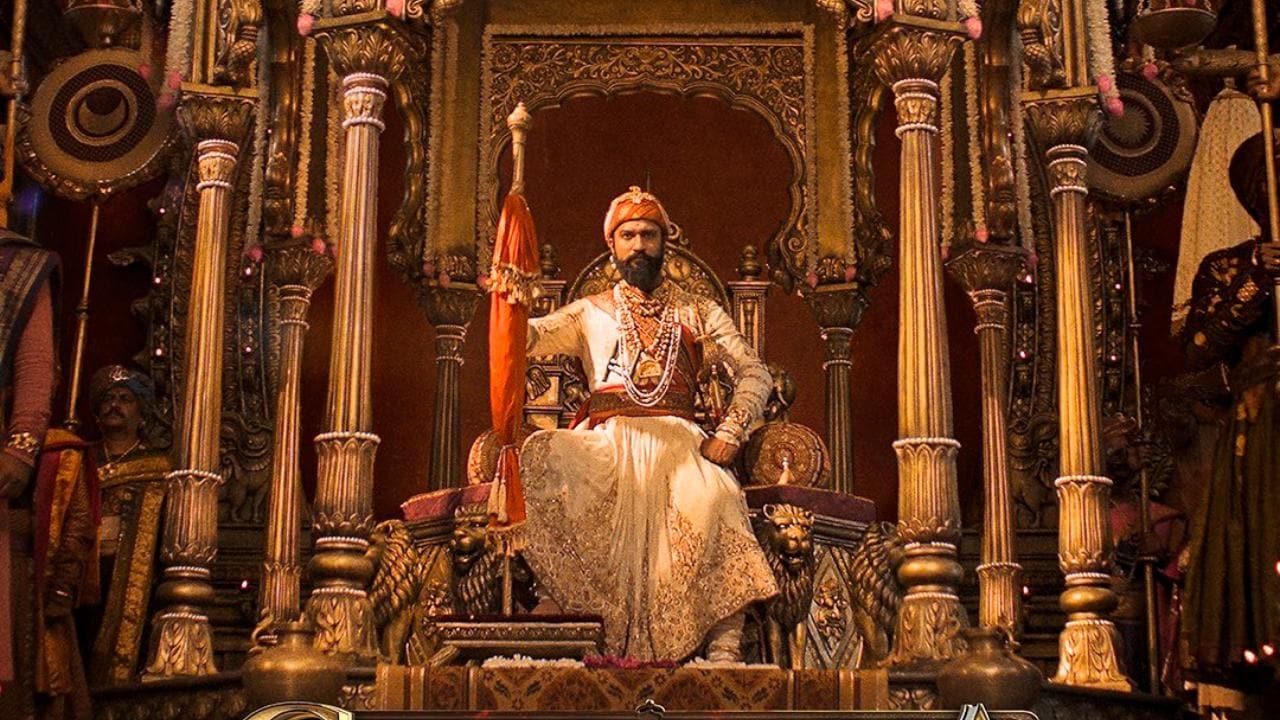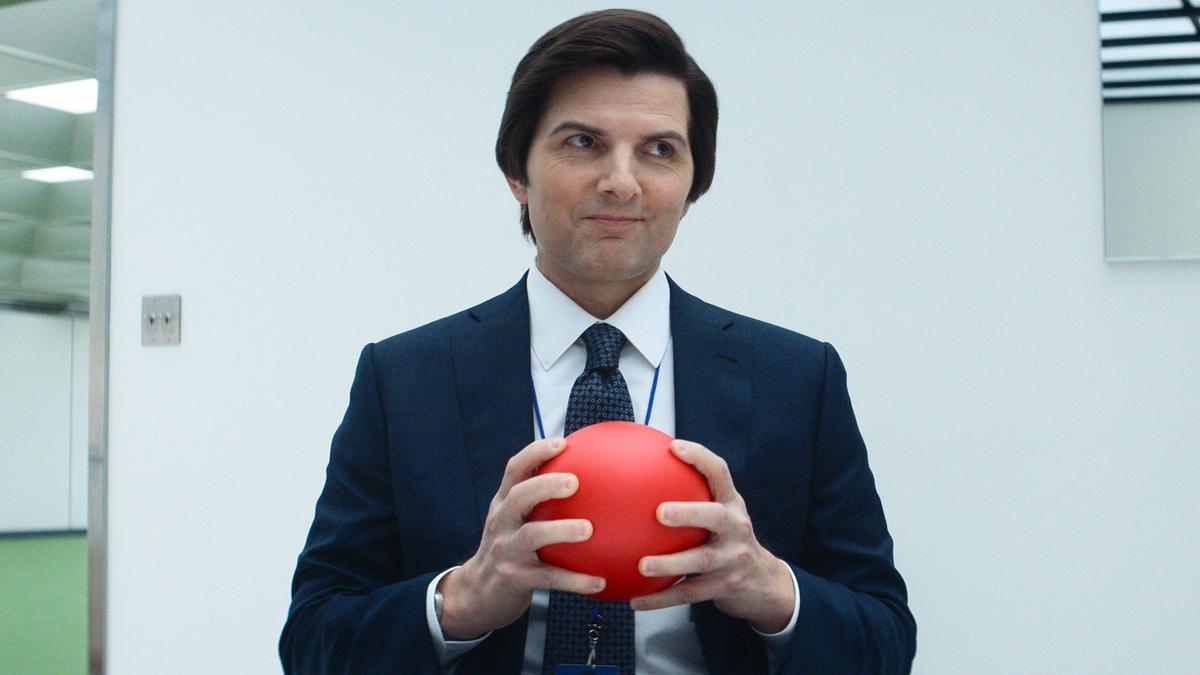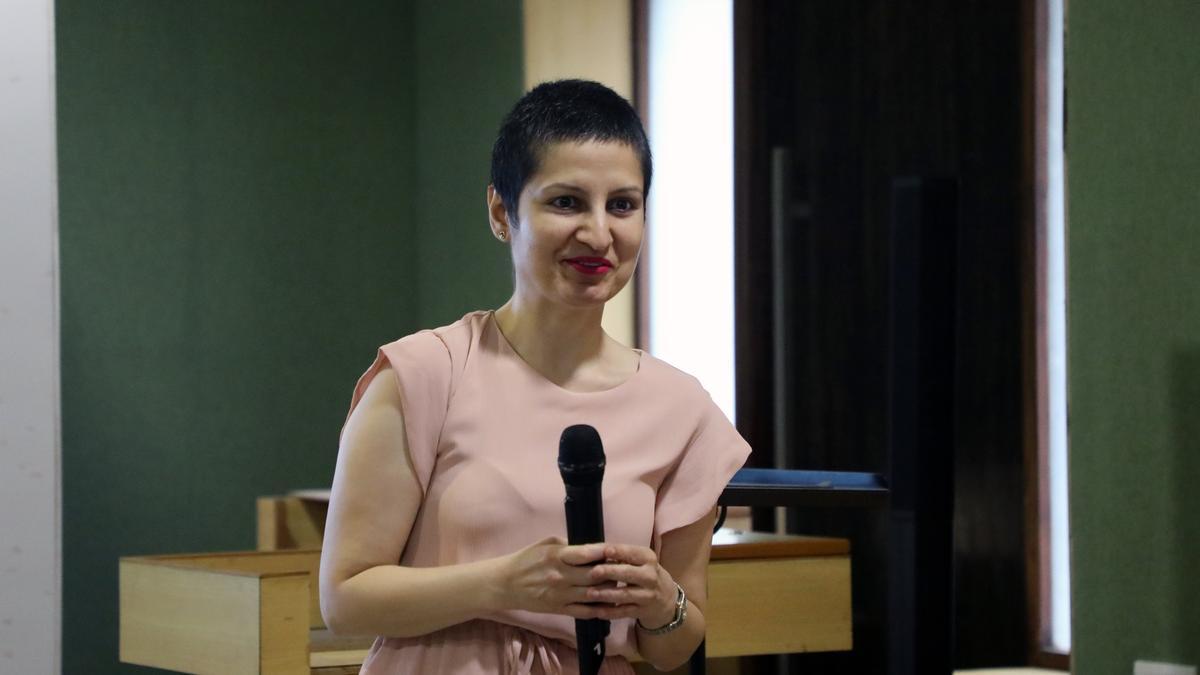
Two of the most revered stalwarts of Indian cinema, Amitabh Bachchan and Shatrughan Sinha, once shared not only the screen but also a camaraderie that traced back to their days of struggle in Bollywood. However, an event on the sets of ‘Kala Patthar,’ a classic film from yesteryears, marked the beginning of an unforeseen rivalry between the legendary actors. Recently, Shatrughan Sinha shared his take on the matter, insisting that the animosity was never planned.
The two powerhouse performers, whose joint filmography boasts blockbusters such as ‘Dostana’ (1980), ‘Shaan’ (1980), and ‘Naseeb’ (1981), experienced a cooling of their rapport following the filming of ‘Kala Patthar.’ During an engaging session with Zoom, Sinha delved into the specifics of the incident that ignited the rivalry that would reverberate through their careers.
In his recount, Shatrughan Sinha depicted a scene crafted by the acclaimed fight master Shetty. The plot thickened as the actors engaged in a scripted combat sequence. During a climactic moment, Sinha noticed the actions deviate from the script—he observed a stunt double for Amitabh Bachchan brandishing a spade at the neck of his own double. Sinha, maintaining his non-interfering stance on set, watched the events unfold from afar.
Sinha revealed his initial reaction to this artistic liberty, expressing concern that it wasn’t something discussed or agreed upon earlier. He articulated his fear that if Shashi Kapoor’s character took too long to intervene, his own character would theoretically perish, rendering his comeback after the interval futile.
The conversation about this particular scene escalated and consumed as much as four to six hours, according to Sinha. This led to a conflict of principles—or what some might perceive as arrogance—since the scene in question insinuated the fall of an otherwise invincible character.
This impromptu debate ultimately led to a modification of the scene, leaving unresolved the on-screen power dynamic between the characters portrayed by Sinha and Bachchan. Delayed by the lengthy discussion, not everyone on set agreed with the pause in production, but the change was made nonetheless.
After ‘Kala Patthar,’ destiny would have that neither Sinha nor Bachchan would share the silver screen again. Despite signing on to multiple films together subsequently, the vivacious actor decided to gracefully exit from these projects. Sinha, with an air of professionalism and respect for the craft and its finances, chose to return the signing amounts for these movies.
Shatrughan Sinha’s reflections on this moment from the past offer a rare glimpse into the competitive spirit and creative differences that can arise even among the most amicable and professional of friendships in the film industry. His narration underscores the complexities of on-set dynamics and the unforeseen impacts they can have on professional relationships and cinematic history.
Sinha’s admission of the unintentional nature of the rivalry, decades later, demonstrates the maturity with which artists can look back at their work and the relationships shaped by it. As audiences retrospectively enjoy the magic these two actors brought to the screen, Sinha’s candid story adds depth to the legends of Bachchan and Sinha—icons who contributed immensely to the golden era of Bollywood.










